Disclosure: This article may contain affiliate links. If you decide to make a purchase, I may make a small commission at no extra cost to you.
When fish oils are off the menu, we have to replace those important omega-3 fatty acids in our diet somehow. They have numerous health benefits from preventing heart disease to improving cognitive health. Finding an alternative to fish oil can be easy if you know the right foods and supplements to take.
You see, when you eat fish, you are getting EPA and DHA straight up, there is no conversion process that needs to happen in the body. That can’t be said for plant-based sources of omega 3, which have to be consumed and then undergo a conversion process.
However, in recent years, new plant-based omega 3 supplements like these ones have become available which actually contain both DHA and EPA. It’s from algal oil, one of the only sources of DHA for vegans.
So as I was saying, the conversion process of ALA to omega 3 can vary from person to person depending on several factors: one of the most important ones being the sex of the person. Females can just do the conversion much better than males since the enzyme required is in higher amounts.
There are actually good reasons for this, one of them being the fact that babies require high levels of DHA which is important for the development of a healthy brain and vision.
But don’t worry! We can certainly get some benefit from eating foods high in alpha-linolenic acid which is converted to EPA and also DHA in smaller amounts.
In fact, one study shows that although 20% of ALA can be converted to EPA, only 0.5% of ALA gets converted to DHA.
There are also supplements available which derive omega 3 from algal oil and give you EPA and DHA and has been proven to be as good as fish oil for absorption.
So if you want a higher intake of DHA, you will have to supplement if you’re on a vegetarian or vegan diet.
Easy ways you can get more omega 3 on a vegan diet
Below are many alternatives to fish oil if you want to increase your intake of omega 3!
1. Algae (supplements)
In recent years, algal oil has become really popular with vegans who are looking for an omega 3 supplement which is on par with fish oil but without the fishy taste or cruelty and environmental impacts of fishing.
There are many different supplements available now for vegans which contain both EPA and DHA.
You can also find algae supplements without carrageenan. This common ingredient used in many different foods, products and, supplements, is thought to be harmful to health according to some research.
Not all omega 3 supplements which contain algal oil for omega 3 is vegetarian or vegan, so be sure to check the label first. But for your convenience, I’ve researched and listed all vegan-friendly omega 3 supplements in the articles linked above.
Algae is the best vegan-friendly omega 3 that you can use. That’s why I put this as number one on the list.
2. Walnuts
Walnuts are an excellent source of healthy fats such as monounsaturated fat and omega 3 in the form of alpha-linolenic acid. Just 30 grams or 1/4 of a cup of walnuts will provide you with around 113% of the DRI for omega 3.
Walnuts have been found to have plenty of health-promoting benefits such as protection against diabetes and metabolic syndrome, anti-cancer, heart-protective and sleep-promoting benefits due to their melatonin content.
Research has shown that just eating 4 walnuts a day can increase levels of ALA in the blood, which can then be converted to EPA and DHA.
Walnuts also contain significant amounts of potassium, calcium, and magnesium, all of which are important for cardiovascular health.
Walnuts are a tasty little treat which can be eaten by themselves, mixed with fruit, yogurt or other foods.
3. Chia Seeds
Chia seeds are a popular superfood among vegans and have many benefits associated with them such as helping promote healthy hair and skin, reducing the risk of heart disease and reducing the risk of diabetes.
They have a slightly nutty taste, but it’s mild enough and they can be added to many dishes. You can even blend them and add them to your favorite smoothies.
In just one tablespoon, chia seeds can provide you with around 2500 mg of omega 3! Making them one of the best vegan sources of omega 3 after algae.
The best way to absorb the most nutrients from chia seeds is to soak them in water first and then leave them for up to 2 hours or so.
They are nutrient dense providing significant amounts of manganese, calcium, zinc, copper, and potassium.
4. Flaxseeds
Flaxseeds, also known as linseeds, contain a high level of alpha-linolenic acid. They are also an excellent source of fiber and magnesium.
One of the best ways to unlock the nutrients of flaxseeds is to grind them. Ground flaxseeds will provide you with around 1500 mg of omega 3 in just one tablespoon.
Flaxseeds have been shown to be beneficial in studies for helping with skin and hair, treating high cholesterol by increasing the amount of fat excreted and trapping bile because of its soluble fiber content.
Flaxseeds are also a good source of phytoestrogens. These mainly act on the beta receptor and may help prevent breast cancer and also improve postmenopausal symptoms in women.
Including flaxseeds in your diet every day to enjoy the benefits and boost your omega 3 intake!
5. Soy
Soy products contain omega 3, and soy milk may also be fortified with extra omega 3 derived from algal oil.
Eating around 1/2 a cup of soy nuts can provide you with around 75% of your recommended daily intake of omega 3.
Of course, just like almost all other plant-sources of omega 3, this comes in the form of ALA and has to be converted by the body to DHA and EPA.
6. Other sources of omega 3
Below is a short list of other sources of omega 3 on a vegan diet
- Winter Squash
- Radish
- Wheat germ
- Navy beans
- Black eyes peas
- Tofu
- Almonds
- Hemp seeds
- Canola oil
- Flaxseed oil
- Soybean oil
- Walnut oil
Check out Tirza’s video on getting omega 3 if you’re on a low-fat vegan diet. 🙂
How much ALA should we get from our diet?
As already mentioned, ALA is converted poorly to both EPA and DHA, but eating foods which contain these fatty acids can still have a significant impact on health and mean that we don’t have to spend as much on supplements to get that bit extra we need.
There have been several clinical trials looking at how much ALA we need to consume before we can raise levels significantly in our blood.
Results from one study showed that a dose of 2.4 to 3.6 of flaxseed oil is able to raise levels of eicosapentaenoic acid (EPA) but not DHA (study).
This is obtaining from food sources if eaten on a consistent basis, but to increase levels of DHA you will need to take omega 3 supplements.
Conclusion
As you can see, obtaining those important omega 3’s on a vegan diet is not difficult. Although fish oil is considered one of the best sources of omega 3, vegan alternatives such as algal oil have proven to be just as effective for supplying both EPA and DHA.
There is also less risk of contamination by choosing vegan sources over fish oil (this depends on the processing of the product), and it’s more ethical and sustainable for the environment.
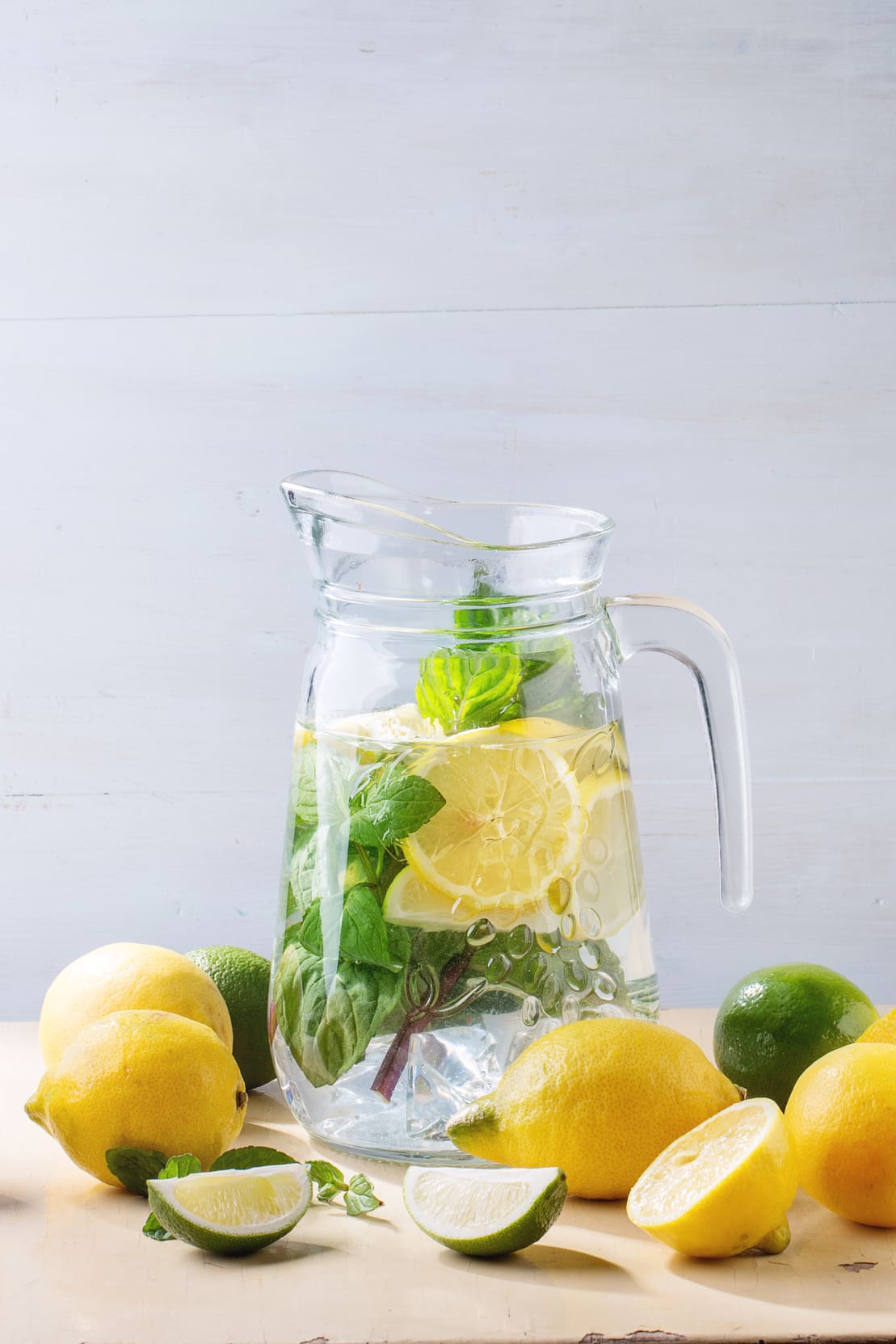

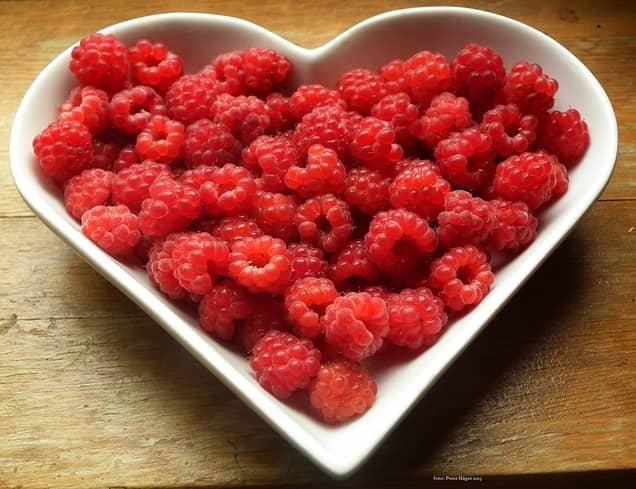

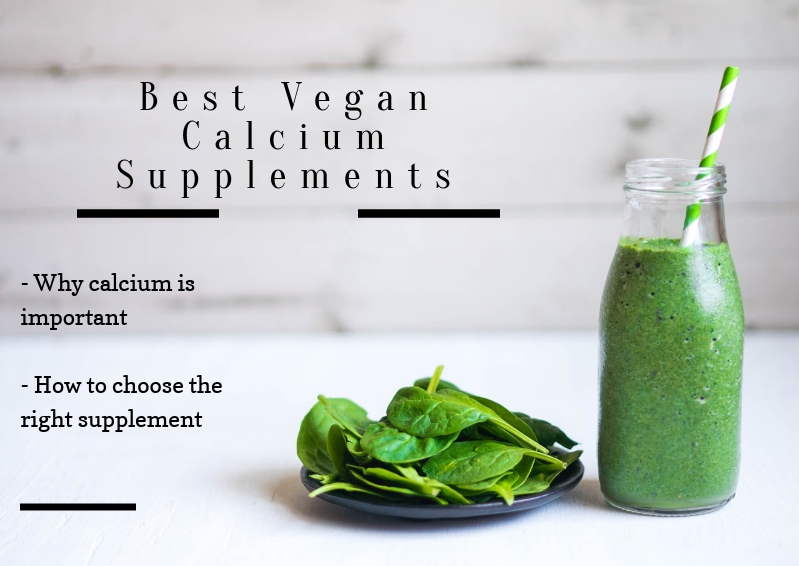
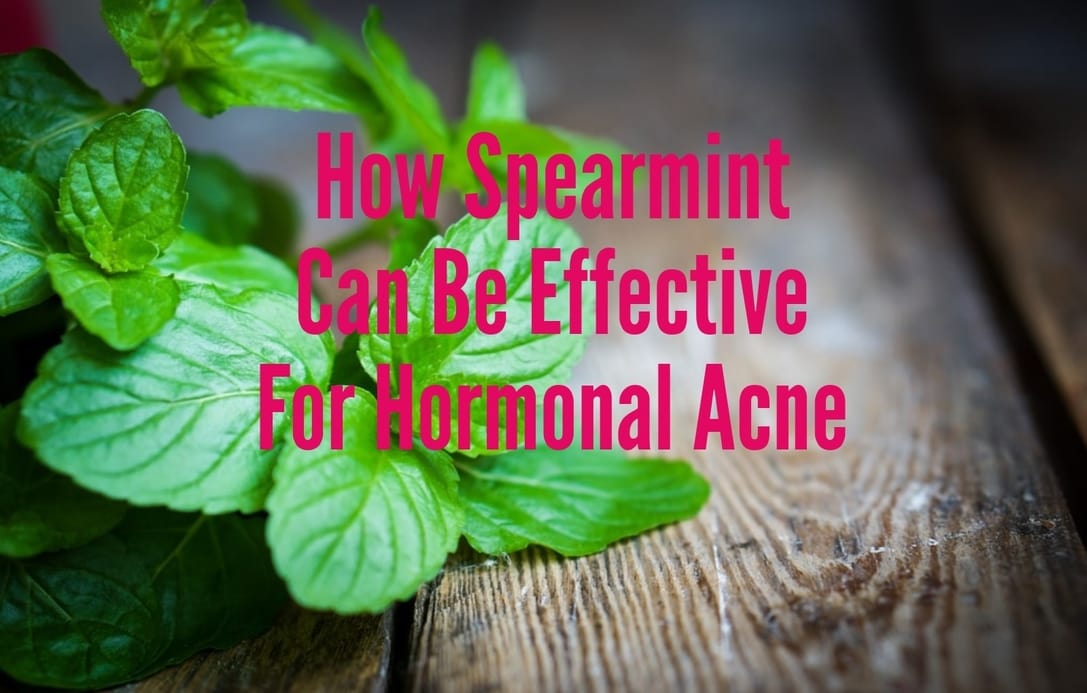
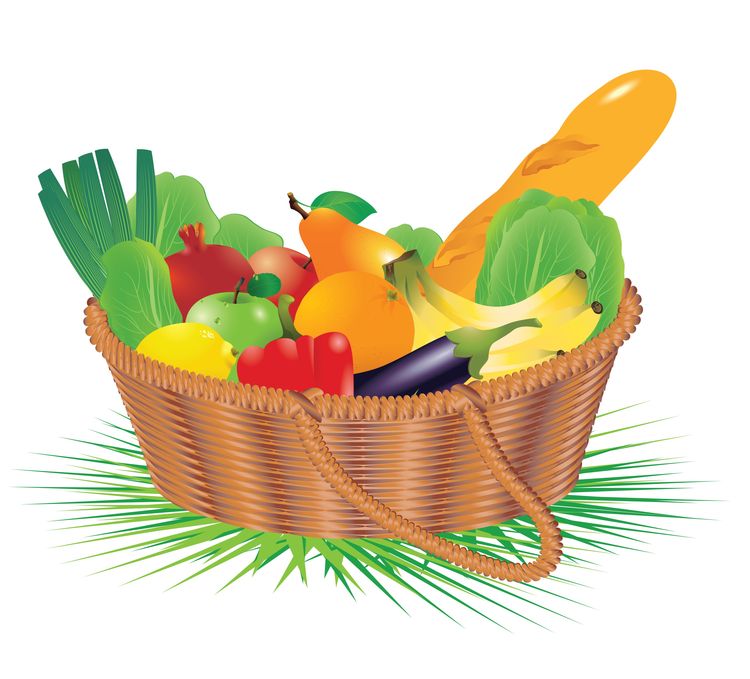

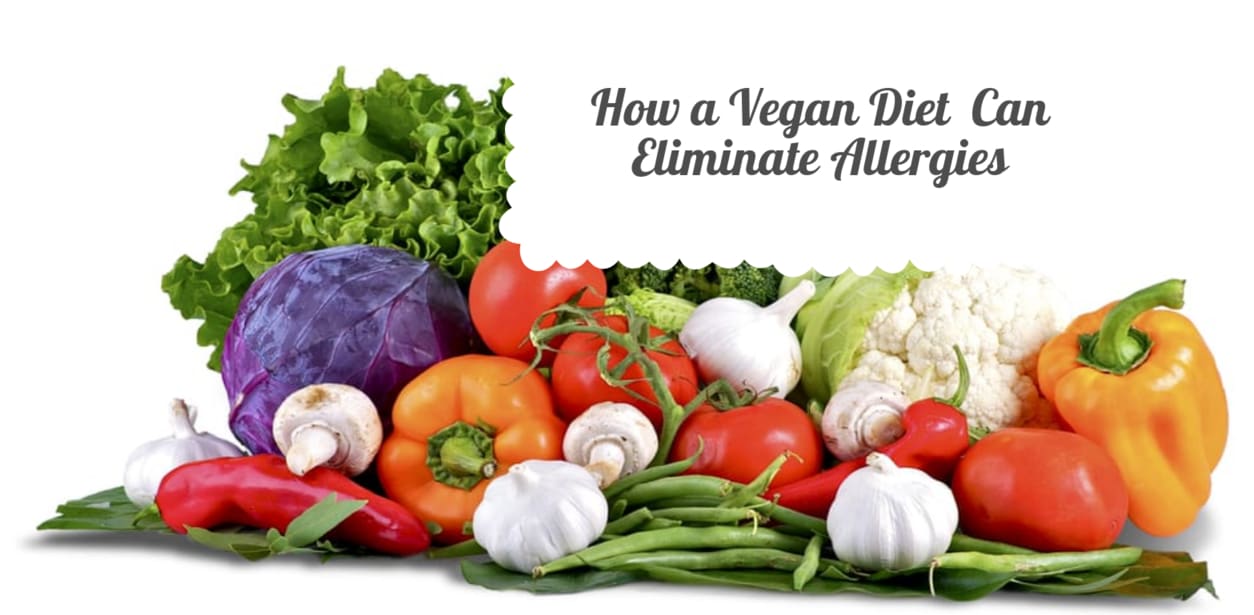
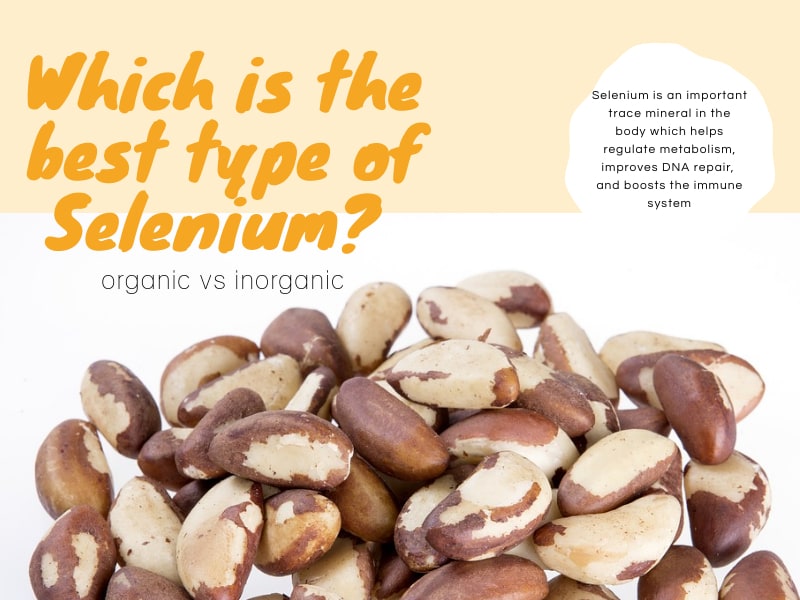
Great information here! I recently found out about microplastics in fish and your article offered great solutions toward maintaining great brain health.
I do have a question on wheat germ. I like it for the B vitamins but should I be concerned about the added folate?
Thank you.
Thanks Pam!
Nope. The small amount you get from food shouldn’t be much of an issue. 🙂